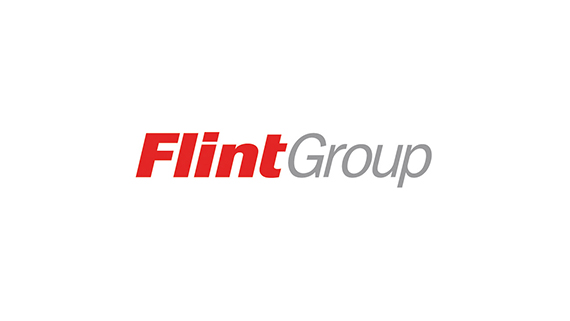More news

Increased, incremental cost escalation has forced Flint Group to raise the prices of its Packaging Inks products.
Further to announcements made in March 2017, it has become clear that the raw material markets for many components within Flint Group’s Packaging Inks products have experienced price escalation.
Many raw material markets remain highly volatile as 2017 comes to a close.
Q3 2017 saw significant increases and supplementary rises have been announced for Q4 2017.
Current forecasts indicate that the price pressure will not lessen as the industry moves into 2018.
These unique cost burdens necessitate that Flint Group Packaging Inks raise prices globally as of 1 January 2018.
Argumentation is discussed below and our sales representatives are currently in the market discussing the magnitude of increases for each customer and segment.
Unequivocal price inflation has been witnessed in polyethylene and polyethylene resins, titanium dioxide, pigments, key solvents, glycerin and MMAs; all these feedstocks affect the cost base of both solvent-based and water-based inks and coatings.
To highlight a few specific examples:
- Numerous pigment production facilities in China have been ordered to close, awaiting environmental inspection.
- Glycerin prices in 2018 are expected to be 80-90% higher than 2017.
- Key solvents are under pressure due to outages and tight material supply.
- Persistent tightening of and price escalation in the Titanium Dioxide (TiO2) market.
Doug Aldred, President Packaging Inks for Flint Group, explains, "Despite our tenacious efforts to mitigate these dynamics by deploying significant capital to efficiency projects, cost pressure has been utterly relentless.
"The situation now necessitates that we pass some increases through the supply chain.
"Product quality and consistency are essential for our customers, which is why we will continue to prioritise efficiency improvements so they can assuredly rely on us moving into the New Year.”



